 LSD and a terrifying fling with 'ego death' nearly ruined a Sydney teen's life
LSD and a terrifying fling with 'ego death' nearly ruined a Sydney teen's lifeContinue with Developments in Drug ScienceThe reading, participation and exchange of our publications, documents and comments gives science and evidence-based policy to the public it needs and deserves. When reviewing this box I consent to the use of my information provided for email marketing purposes. LSD (Lysergic Acid Diethylamide)LSD is short for dithylamide d-lergic acid. The LSD is not naturally found, but is considered semi-synthetic, as it was first prepared by altering a molecule found in the fungus ergot. Hofmann discovered his unexpected properties by testing it in 1943. The LSD usually comes in small squares of paper (blotter) that have been soaked in small amounts of LSD solution and drying. Instead of paper, LSD has also been found in colored jelly pieces (degel screens), tablets or very small pills called microdotes. Once common was the use of sugar cubes that had a LSD solution drop put on them. Alternatively, a solution can be left directly on the tongue from a bottle of drip. When it comes to a real LSD solution, there is a risk of taking much more than expected. However, the drug is kept under the tongue and/or chewed. Few people would want to take LSD very regularly, people usually take it seriously and treat a trip as a rare and special experience. Sometimes the doses of 'LSD' have turned out to be other chemicals like drugs. This is a serious problem, because taking too much of these is much more dangerous than taking too much LSD, and it could even kill. LSD is a psychodelic hallucinogenic lisergamide. How LSD produces its psychoactive effects is very misunderstood, partly because . However, the psychoactive effects of LSD on humans share many key features observed with and mescalin (e.g., peyote cactus). Studies have suggested that psilocybin could change the way sensory information is filtered by the brain. As much more research remains needed to fully understand how LSD and other hallucinogenic drugs produce their psychoactive effects. LSD (as well as other hallucinogens like ) does not necessarily produce a selection of sensations and effects that are fairly predictable and repeatable as some drugs that belong to other classes as stimulants. LSD produces a psychedelic experience, often called a back and forth, and there are no two equal LSD crossings. Some people have reported that psychodelic experience is one of the most intense experiences of their lives. LSD experiences could be experienced as positive, often "mystical", and personally significant (and generally draining). However, overwhelming experiences of this nature can be miserable or terrifying too, with horrible effects that can last anywhere from a few moments or several hours. The LSD does not start immediately, but the effects usually come within an hour. The peak of the trip can last more than 4 hours, with decreasing effects that continue up to 12 hours later. With LSD, some people have become anxious, frightened and confused (especially if a very large dose has been taken). Sometimes a trip can be traumatizing. Passing unpleasant moments are common during a strong journey. Forgotten or traumatic events can reach the surface. The longest horrible effects are usually the result of an inappropriately high dose, an inappropriate environment (see 'set' and 'setting' below), anxieties and other negative emotions present at the beginning of the user's mind, or pre-existing mental health problems. Even so, it is also possible that unpleasant experiences happen without apparent reason, even if the user is well prepared. A large enough dose of LSD will produce a powerful psychedelic experience where you think, see and feel radically altered. Even with small doses people can experience hallucinations like moving patterns of wallpapers, and changes in the way they think. Like all medications a larger dose of LSD will produce a more intense effect. However, due to the high power of the LSD and the variable quantities present in a particular product, it is very difficult to measure how large the medication will have. More than other drugs, an individual's expectations and decisions strongly affect the experience. The experience is often emotional, physically and mentally draining, and it is common to feel worn for a day or so after use. Some feel separated or even alienated from reality. Some report feels dizzy. Alternatively, a journey can give people an emotional uprising that lasts days. A lot of misunderstandings surround the phenomenon of 'flashbacks' after using LSD. Although these are poorly investigated, there is no clear basis for myths that years after using LSD, people suddenly start to stumble violently without reason, causing all kinds of chaos like the car crashes. However, in the days after a psychedelic experience, particularly after high doses, it can be surprisingly common, based on survey data, to get echoes of the return travel experiences, which may feel momentarily stumbling again. Such 'golpes' are usually not unpleasant or problematic. They are often taken by or .Much more rarely, lasting changes in the perception called HPPD can occur (see below), this could be a serious disability condition in the worst, unlike the brief flashbacks that people get as an effect after stumbling into LSD. The first two decades after the discovery of LSD led to intense research activities. These include the experimental use of LSD in psychotherapy, in the attempt to help with the treatment of a number of psychological problems and psychiatric diseases. Although in modern eyes, some of these activities did not conform to ethical and methodological standards, these years gave some promising results. After the legislative control of the LSD, the field of clinical research to stop, and the regulatory and financial obstacles currently in the form of research on the therapeutic potential of the LSD. Despite this, small steps have been taken to explore and in, and there has been renewed interest in. It can be tempting for people to try to deal with LSD. Evidence that LSD can be effective treatment with manageable risks only applies to controlled procedures used in clinical studies, where professional psychotherapists help guide the patient's experience. LSD alone (or any other psychodelic substance for that matter) is not treatment because the idea is that LSD should be combined with professional psychotherapy. Without adequate safeguards, LSD may worsen conditions such as anxiety and other mental health problems. LSD is less likely to cause physical damage to your life and health than many medications with less fearful reputation like . However, experience is often difficult and can be traumatic. Risks of physical damage or death Because it is so powerful, the small dose used to travel in LSD is far below the amount that would be toxic, so people do not overdose fatally in LSD. However, some other drugs with hallucinogenic and stimulant effects (type) are sometimes sold as LSD or confused with LSD, and overdose of these may cause unpleasant effects (e.g. travel that lasts much longer than a day), or may cause damage or death. One of these drugs, DOB, may take 3 hours to start, potentially giving rise to overdose if the user fails the effects for weak LSD and takes too much. It is important to be very cautious and suspicious of illegal drugs, as the quality and authenticity of drugs is not completely regulated. More recently, a newer group of fenethylamins has been detected very powerful (e.g. NBOMe analogs) in the blocks and these could also be sold as LSD. In this case, the details of their activity and toxicity are not clear. Another risk of injury and death by LSD is the risk of accidents and injuries caused by foreign behaviors and lack of trial. Common stories of people in LSD doing stupid things like blinding by looking at the sun, or jumping from high windows believing they can fly, are mostly mythological, but psychedelics make people do strange things. People who stumble with psychedelics are at risk of walking along roads, for example, and (although mainly in people with a history of mental health problems). The injuries and even the deaths have resulted from encounters with the police as they travel. The LSD may not have the information necessary to understand and comply with the police and, therefore, become a victim of police violence and forced moderation. Risk of psychological or mental damage Rarely, people have a prolonged and devastating bad journey, sometimes called "psychedelic crisis", and this can be very traumatic and even psychologically harmful. It may be impossible to completely eliminate the risk of this happening, but certain factors make it more likely. If someone is going through a difficult moment emotionally when they take psychodelics, if they are in an unknown and chaotic environment with people who do not know or trust, or if they take a very high dose, they are at a much greater risk of having a bad experience. As with any serious drug-related health problem, it is important to get medical help if you are with someone who seems to be experiencing a psychedelic crisis that you cannot relieve by participating in support. A journey cannot be quenched once it has begun, and therefore sedation with is usually used to decrease traumatic effects and prevent the individual from hurting himself or others. People usually recover well from a psychodelic crisis when the medication is worn out, or soon afterwards. However, in very rare cases, psychotic episodes could persist even after the effects of the drug had passed. The risk of this happening is insignificant for people without a history of psychiatric problems, but it is believed that people with pre-existing mental health problems or a predisposition to mental health problems (such as close relatives with anxiety, depression or schizophrenia) are at risk of long-term or relapsed symptoms of existing conditions if they take psychedelics. Lack of sufficient evidence makes it difficult to quantify this risk. HPPD is a very unusual and potentially harmful effect of LSD and other hallucinogens. The HPPD is more often experienced as the re-emergence of some of the effects experienced during the hallucinogenic drug experience that was occurring earlier after some time without the drug. In most cases HPPD follows a traumatic experience of hallucinogenic drugs ('bad trip'). In some cases, patients may feel separated from normal or from the world. HPPD was occasionally reported as a prolonged recovery, although full or partial recovery usually occurs after weeks or months. LSD has been more often reported than other hallucinogens, higher doses and drug combinations. This type of HPPD can occur in people with underlying psychiatric conditions or genetic vulnerabilities, but the evidence is very incomplete. Mental health problems, such as anxiety and depression, even if they are never formally diagnosed, increase their likelihood of bad experience or psychological damage. The possibility of triggering psychotic episodes is very low for most people, (especially when the user takes measures to contemplate and minimize risks, see 'set' and 'adjust' below) but higher for people they have, or have ever had psychotic conditions such as schizophrenia, or their close relatives. Psychiatric drugs should not take LSD to exclude any potential from adverse interactions with medications. LSD is not considered an addictive drug. One factor that makes some drugs, like, addictive is that users (whether they are human or rats) can find it difficult to stop using over and over to recapture the pleasurable features. While the LSD can produce intense joy, this cycle of compulsive reuse cannot occur because a dose that produces intense effects will do little or nothing if repeated in the following days. It takes a bit before the brain loses this resistance to psychodelic effects. In addition, while lab animals take cocaine with craving, few animals seem to self-administer the LSD. However, some people are very attached to the LSD, perhaps finding an important spiritual tool, and take it frequently. LSD has low risks to physical health, as it is not addictive and is rarely used regularly. However, LSD has the potential to be an overwhelming and profound experience, and not always in a way that the user can wish. If people understand, to the extent possible, what LSD does, many will come to the conclusion that it is not for them. Being cautious Not all the available 'LSD' is really real LSD, and even the dealer may not know this. LSD has an almost unique property; exceptionally low toxicity. That means taking too far can be incredibly distressing (you may even need medical help), but it will probably not damage your body. However, if the 'LSD' is actually another drug like a 'NBOMe' chemical, taking too much could kill you. LSD trade is illegal, making it especially difficult to be completely sure that the medication is just what it is supposed to be. This risk is particularly high if you intend to take an unusually large dose of a supply that you have not used before. Be prepared It is difficult to measure the doses of LSD in a reliable way, as they are very inconsistent, and impossible to fully imagine the effects if you have not tried it before. Therefore, LSD should be avoided if the user is not prepared to have a more overwhelming experience than he might have ideally thought. Many people choose not to take psychedelics because they do not want to feel out of control. The effects of psychodelics are usually only controlable to some extent, but proper planning is recommended. Although many people think that the use of powerful and controlled drugs can never be considered fully responsible and well judged, people who are informed about the factors that affect the mood of a journey are certainly less likely to experience unpleasant thoughts and effects. Set and Setup A useful way to remember the factors that help determine whether a trip is rewarding or nightmare is the concept of "set" and "adjustment". A person's "set" (or mental initiation) includes his mood, disposition, thoughts and expectations. The "adjustment" of a person is the specific place and social situation in which they take the drug. If an anxious and miserable person accepts LSD without planning this in a chaotic party where they know and trust anyone, then their journey can be a disaster. Taking hallucinogens in a quiet and familiar place, with someone you trust to be your sober 'trip-sitter' is much less likely to be lamented by life. Having a Babysitter Psychoedelic drugs trigger a complex range of altered states of consciousness that can make people highly suggestable, especially in the presence of others. This also means that their ideas strongly influence the way they perceive the world. For example, once thought has occurred that they might be dying, they can see that their skin seems to be grey and stained. However, this suggestion is not necessarily bad; it means that a sober assistant (sometimes called a "travel sitter") can often calm them down successfully, or distract them with a change of scene or show them something. It is essential to remember someone who is showing signs of starting to have problems that what they feel is not real, and that they have taken a drug that will wear off. Reassuring comments and gestures can be useful. Having a discussion before starting on what to do if things don't go smoothly. LSD is probably one of the most mythological and demonized drugs, and its history is full of episodes that are as slanderous as stories, such as the illegal experiments with the drug carried out by American and British intelligence agencies. Countless urban myths exist about strange and terrifying things that people did as they stumbled. "Bad Acid"People have believed in lots of so-called "bad acid" that are blamed for horrible and bad travel. The doses of different lots can be very variable experiences and 'bad' with LSD can generally be related to undesired high doses, irresponsibility or unpredictability and/or ingestion of a different substance. There are no different types of LSD. LSD remains in its spinal fluid, causing flashbacks years laterLSD does not remain in your body for a long time. Flashbacks and HPPD are misunderstood, but symptoms occur in the absence of LSD. Orange/ Vitamin C juice can be used as an antidote to stop a bad trip This is not true, there are no easy home remedies to end a trip, although doctors use benzodiazepines to relieve agitation. However, people are very suggestive when they stumble and this can contribute to the perception of such effects. You can be declared legally insane if you take LSD more than seven times There is an old rumor that taking LSD more than seven times means that you can be declared legally insane. This is not true and there are many people who have taken LSD more than seven times and are not crazy. People stare at the sun The rumor about people who stopped taking LSD and watching the sun was created by a TV show in the 1960s. However, there have been. People do strange things while in LSD and LSD they tell their students that they expose their eyes more light than usual. People think they can fly and jump through a window People have fallen out of the windows and cliffs while in LSD, but they were probably accidents due to poor judgment, or suicides, instead of thinking they could fly. Related ContentSupport our work and help ensure that evidence-based research can influence politics and public opinion, not the political or commercial agenda. Drug science is an independent drug-led science organization. We have donations to further promote evidence-based information on drugs without political or commercial interference. We are grateful... But we need more. We can't do it alone. Becoming a donor will help make sure we can continue our work. Join our Community and access opportunities to participate more deeply in our work.© 2021 Drug Science. All rights reserved
Acid: What does it do to you? Acid is a term enslaved to the diethylamide of lysergy acid (LSD). It belongs to a group of substances called psychedelics. Acid can alter the thoughts, feelings, and the way they perceive the world around them. When a person uses acid, they disconnect from reality. You can see, hear, and feel things that are not real. They can also have strong emotions. This is known as a "trip." Acid is a powerful chemical that alters the mind. Its effects can last up to , and a person cannot control when the trip ends. Some people who have used acid report having a "bad trip," which means their experience was unpleasant. A bad journey can be terrifying or deeply disturbing. Acid classifies as a program I medication. This means that you have no accepted medical use and have a high potential for abuse. However, there are recent suggesting that the LSD may be used as treatment for conditions such as and . Continue reading to learn more about acid and how it works. The explanation that acid, as well as other psychedelics such as DMT, changes certain neuronal circuits in the brain. Specifically, they act on the circuits that use the levels of the brain. Serotonin is a neurotransmitter. This is what leads to the perceived effects of these hallucinogenic drugs. In fact, acid is one of several. Serotonin helps control the person: Acid affects mainly the prefrontal area of the cerebral cortex, which controls mood, thought, reactions, panic and perception. In addition to serotonin receptors, acid to dopamine receptors and adrenergic receptors. Dopamine is a neurotransmitter involved in movement and emotion responses, and adrenergic receptors control critical responses to lung, cardiovascular and metabolic systems. When the acid disrupts a person's brain chemistry, they will notice several effects. These effects can start after a person takes the medication and continues for up to 12 hours. These effects often include the following: The experience of a person with acid is unpredictable. It can vary depending on your mood, personality and environment, as well as several other factors. A "good journey" can cause feelings of intense pleasure, spiritual or mental clarity, or creativity. However, it can quickly change to a bad journey, causing feelings of terror, paranoia, anxiety and aggression. There is no way of "escape" from a bad trip. A person should simply wait for the effects of the medication to faint. Many people lose track of time during an acid trip, and until the medication starts to disappear, they may not know how many minutes or hours have passed. A regressive is the period of time after the initial high of a medication is worn. With acid, re-emergence occurs after the journey begins to disappear and a person begins to recognize reality again. The arrival can last up to or more. By dropping acid, a person may feel very tired and overwhelmed because of the variety of emotions and experiences they have just had. They may also be physically exhausted for not sleeping for many hours. A reduction of acid can also cause feelings of depression. The person may want to find another source of euphoria and pleasure that matches the effects of the medication. Therefore, some people may resort to gambling, shopping or other sources of temporary pleasure. During a reopening, a person should try to rest and drink unheated liquids. An acid trip can cause due to sweating and high body temperature, so it is important to rehydrate. Acid quickly causes a high degree of tolerance for the effects of the medication. This means that a person will have to use higher doses every time to get the same effects from it. However, it does not cause withdrawal symptoms when a person stops taking it. that the use of acid and other hallucinogens can also cause long-term persistent perception disorder and hallucinogen (HPPD). HPPD causes visual flashbacks after taking acid. A person can see things that are not real, such as "halos" of light, mobile objects, or colored flashes. A person may also have flashbacks of an acid trip that are annoying or disturbing, but this is not always the case. These cases are very. When a person experiences HPPD, they will know that visual disturbances are not real. Disruptions can last a few seconds or minutes, and even months or years after a person uses acid. In fact, one case documented a woman who had HPPD after using acid only once. It also suggests that some people may develop after using acid. People who have genetic tendencies towards schizophrenia are more likely to experience this. Again, however, cases are rare. Several have studied the use of classic psychodelics for the treatment of mental health conditions that do not respond to traditional treatment methods. Studies included the use of psilocybin (present in magical mushrooms), ayahuasca and LSD. Collectively, the seven studies looked at 130 people who had depression, anxiety or both. Participants experienced "immediate and significant" antidepressants and axiolithic effects with the use of psychodelics. These effects lasted for . Common side effects in these studies included , nausea, slightly higher blood pressure levels, higher heart rate and transient anxiety. Although the results are promising, researchers should continue to investigate these preliminary findings. The Food and Drug Administration (FDA) has not approved acid for these uses. It is also important to note that the LSD is illegal in the United States. Acid has powerful effects on a person's mind. Most of the time, these effects are temporary and will not cause long-term damage. However, some people may have continual setbacks or traumas that may cause fear or feelings of depression. Although studies are at an early stage, there are some evidence suggesting that LSD can be effective in treating certain mental health conditions, but researchers should continue to explore this. Currently, there is no FDA approval for this, and the medication is still illegal. If a person faces drug abuse or mental health problems, he or she may contact the national helpline at 1-800-662-HELP (4357). Last medical review on 18 May 2020Most recent newsRelated coverage

Can an LSD Overdose Kill You? - Big Think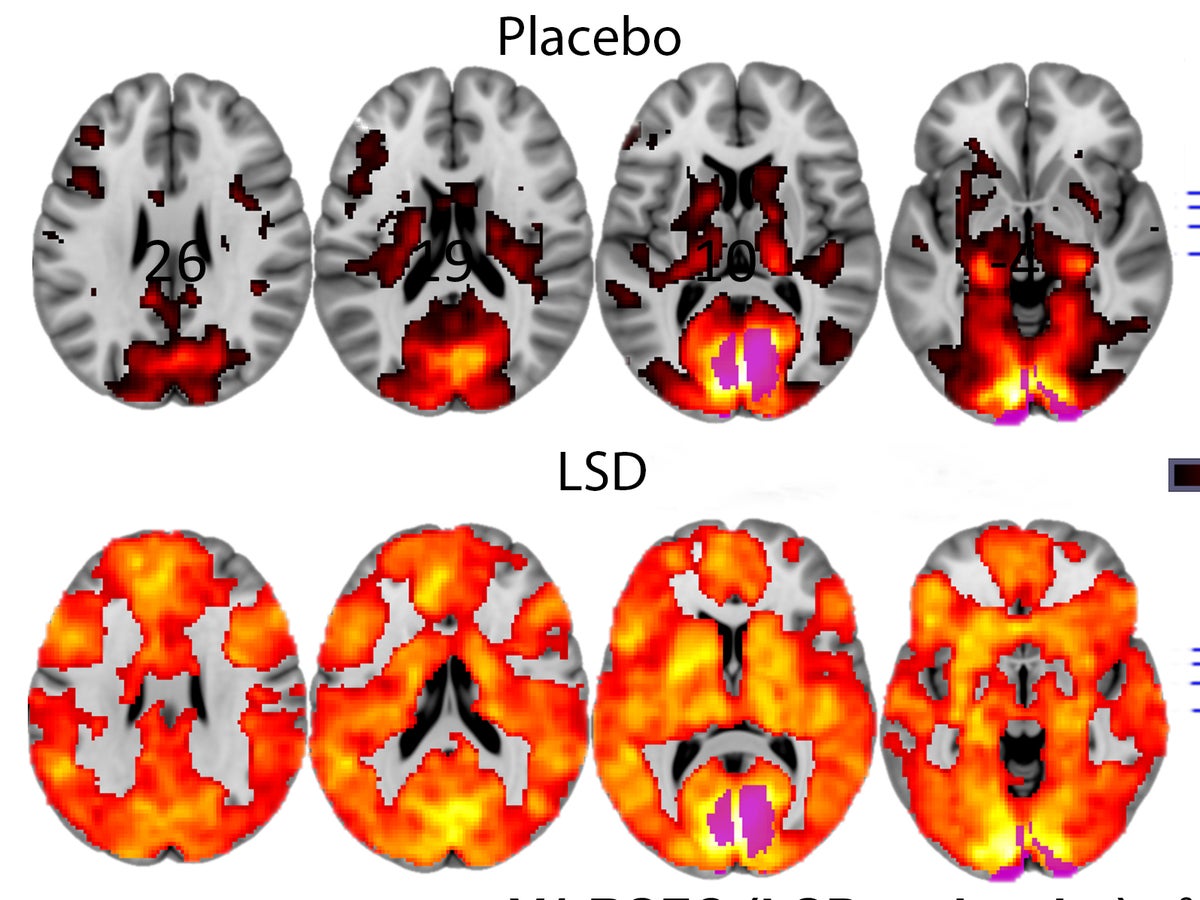
New studies just found psychedelics help terminal cancer patients and could be the new wonder drugs for psychiatry – they shouldn't be ignored | The Independent | The Independent
LSD and a terrifying fling with 'ego death' nearly ruined a Sydney teen's life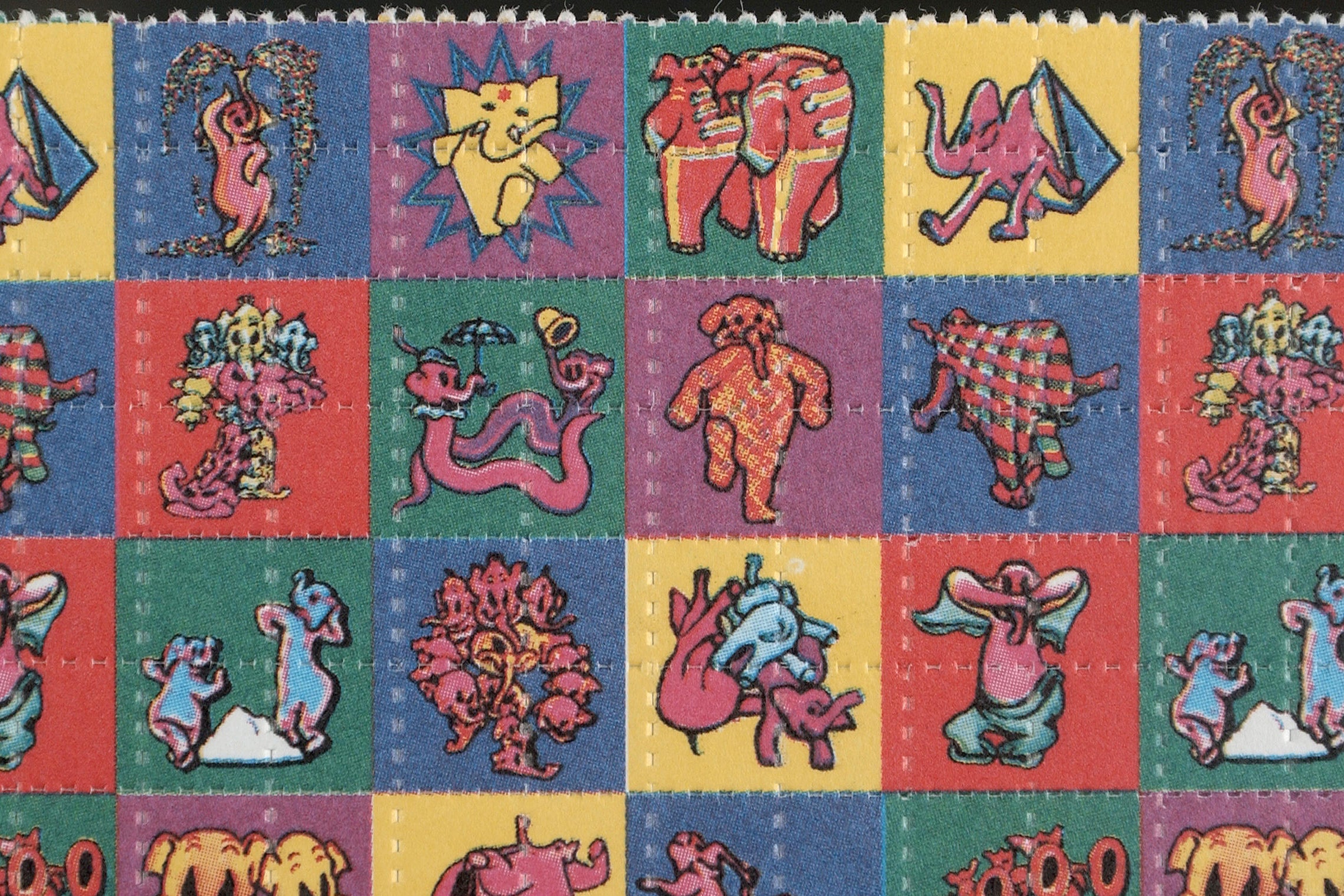
Americans Increase LSD Use--and a Bleak Outlook for the World May Be to Blame - Scientific American
this is ironic please don't kill me: LSD
The Truth About Drugs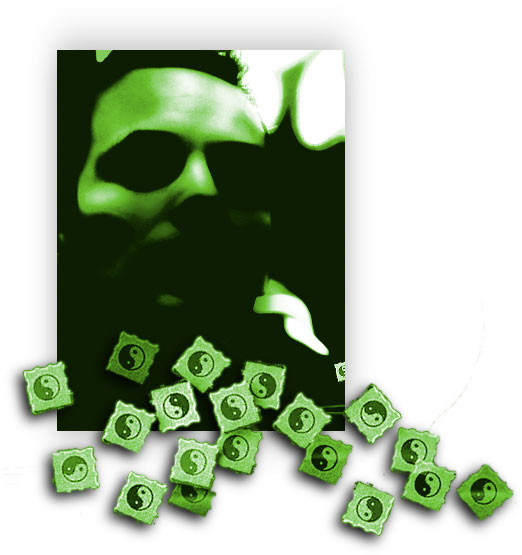
Peer Pressure & LSD - Teenagers & Hallucinogenic Drugs - Drug-Free World
Psychedelic drugs kill : LSD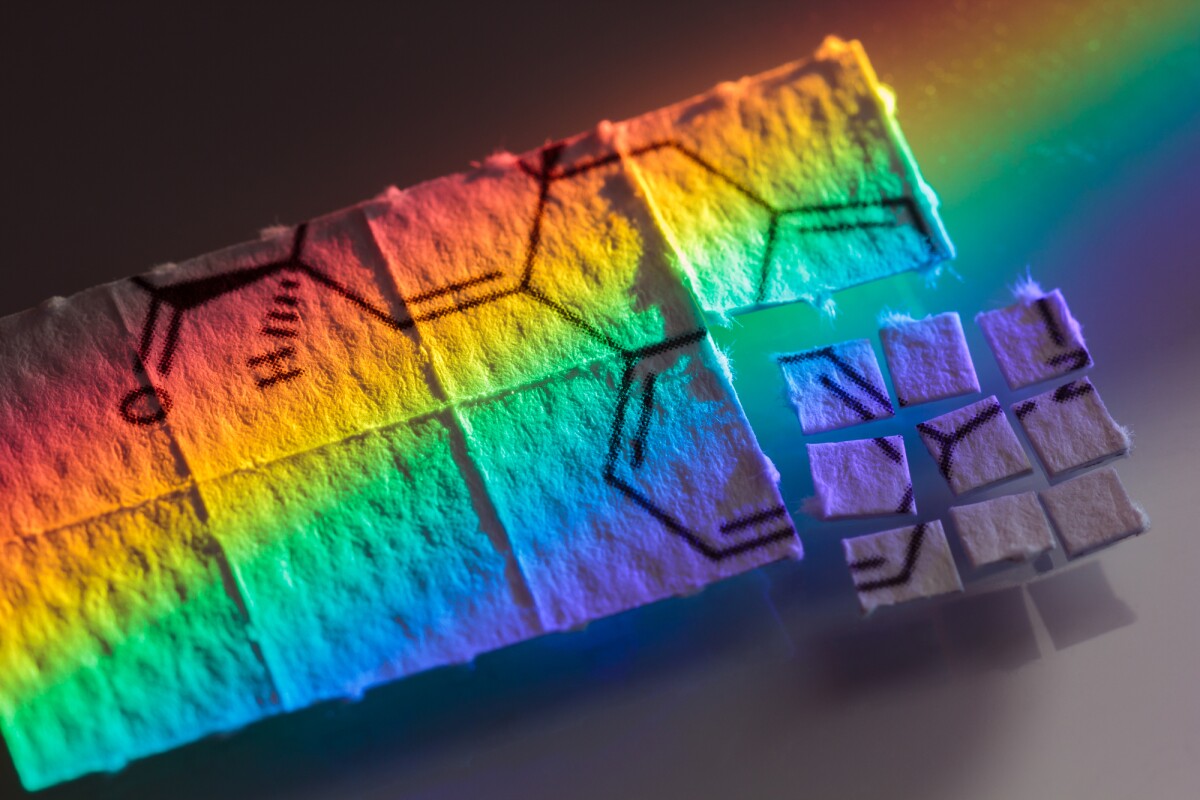
Case studies highlight unexpected results of massive LSD overdoses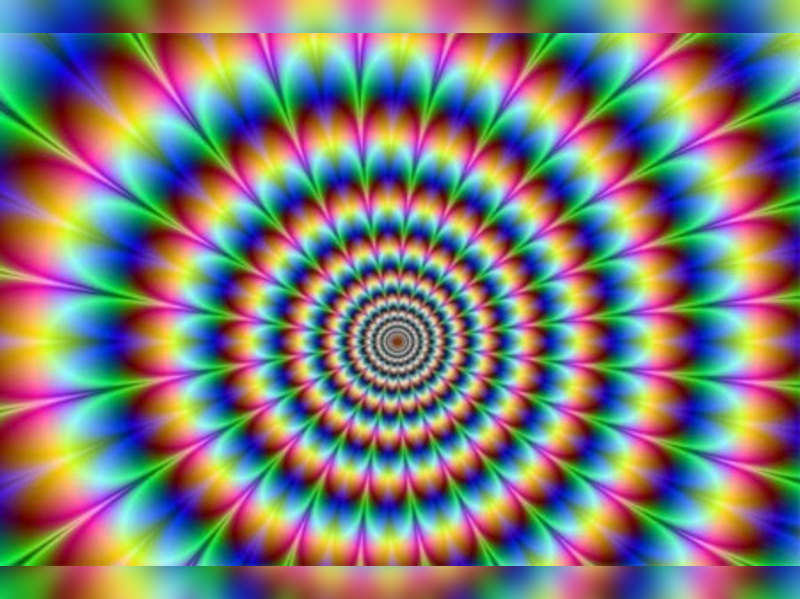
Drugs: Side effects of taking LSD - Times of India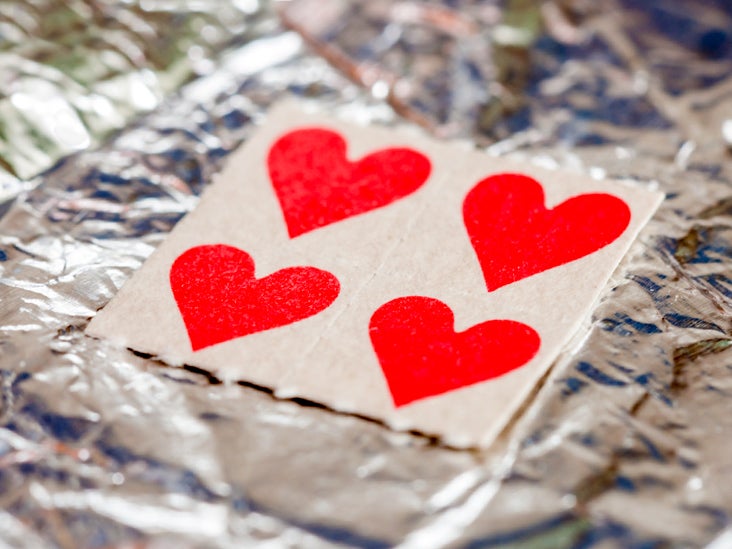
Can LSD Kill Brain Cells? How Acid Affects Your Brain
Have a Good Trip Review: Netflix LSD Doc Is High on its Own Supply | IndieWire
LSD (Lysergic Acid Diethylamide) | Drug Information | Drug Science
Common misconceptions about psychedelics
How Long Does Acid/LSD Stay in Your System? | The Recovery Village Drug and Alcohol Rehab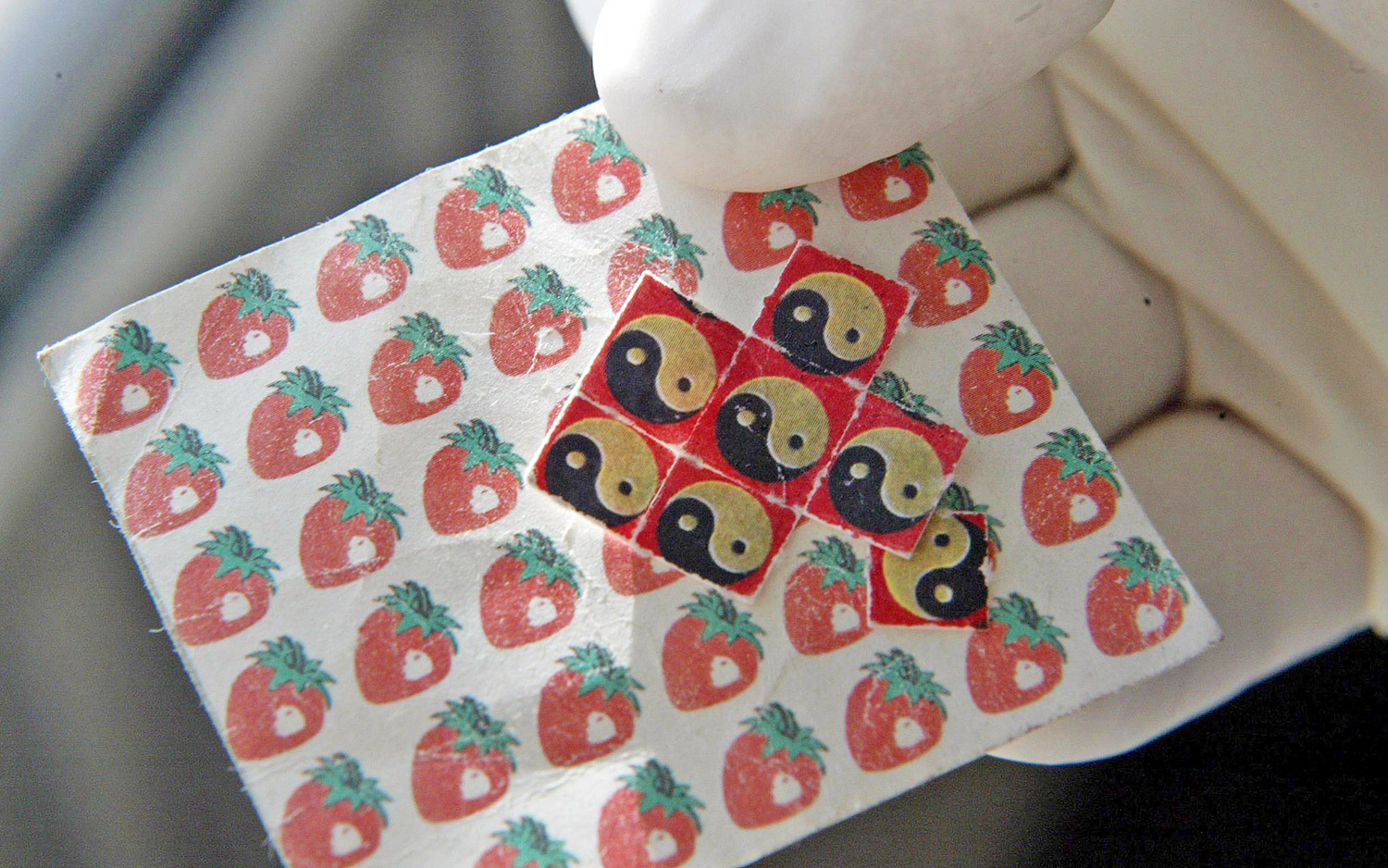
What Do Blind People 'See' When They Take LSD? | Live Science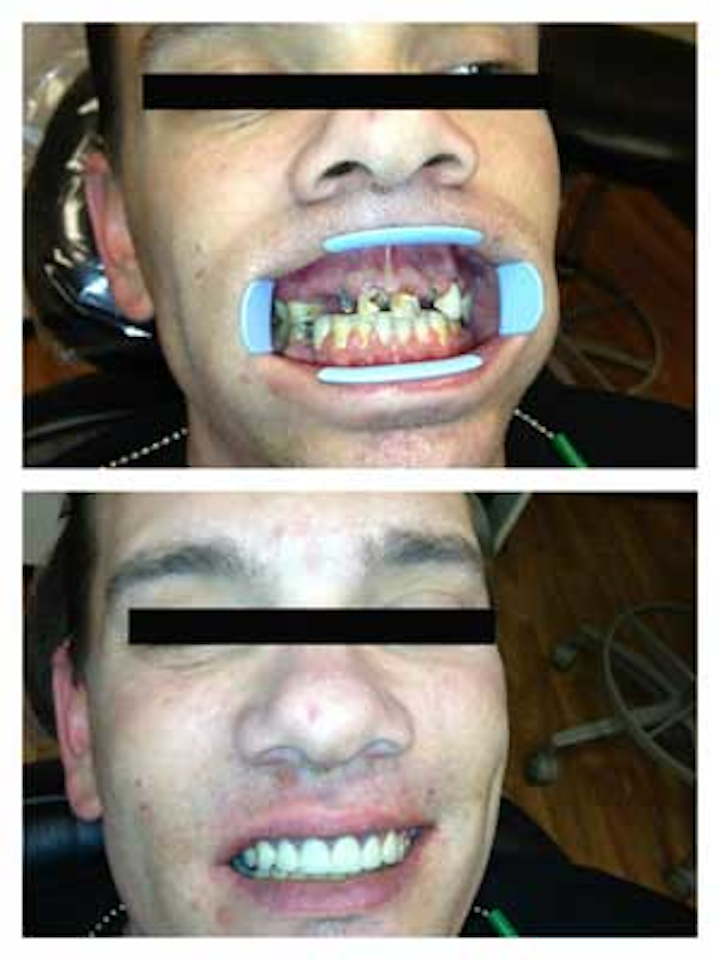
Meth mouth and the ravages of an addiction: from a dental perspective | DentistryIQ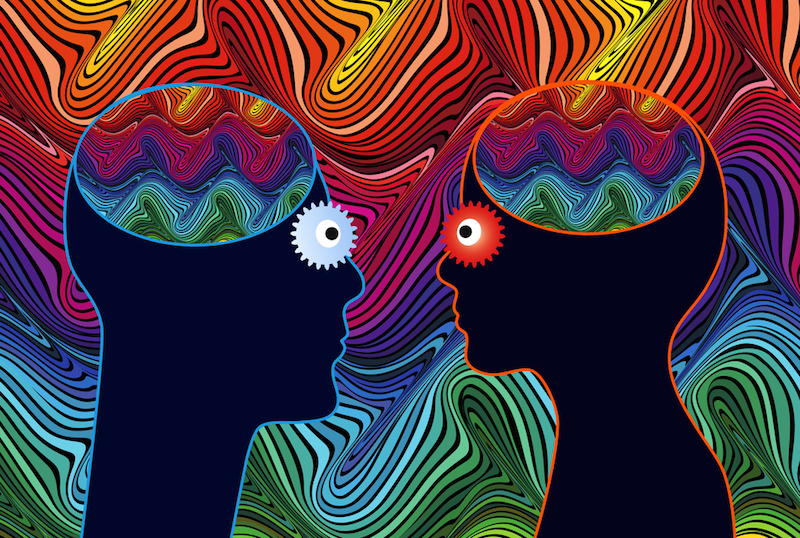
Why People 'Lose Themselves' When They Take LSD | Live Science
A case study of three people who massively overdosed on LSD
Have a Good Trip Review: Netflix LSD Doc Is High on its Own Supply | IndieWire
Case studies highlight unexpected results of massive LSD overdoses
The Neuroscience of Psychedelics: Can LSD Microdosing Make You Happier? With Johannes Ramaekers | Technology Networks
LSD Now: How the Psychedelic Renaissance Changed Acid - Rolling Stone
Common misconceptions about psychedelics
What You Can Learn From Snorting Two Lines of LSD - Features - The Stranger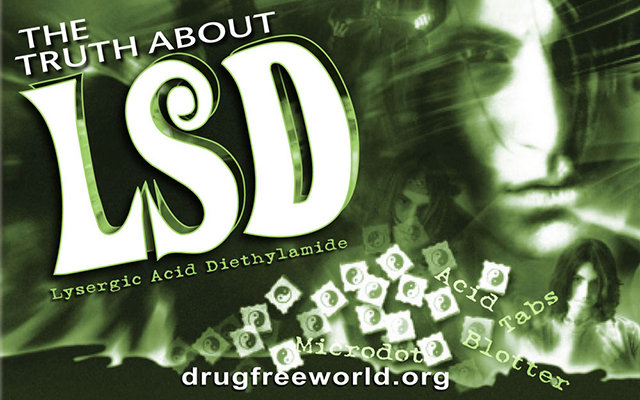
Peer Pressure & LSD - Teenagers & Hallucinogenic Drugs - Drug-Free World
There's never been a single documented OD for marijuana or LSD. LSD and Marijuana analogues and cutting agents can kill but on the contrast pure LSD won't kill you and marijuana won't
Can LSD Kill Brain Cells? How Acid Affects Your Brain
What drugs were the Nazis on, anyway? - CNN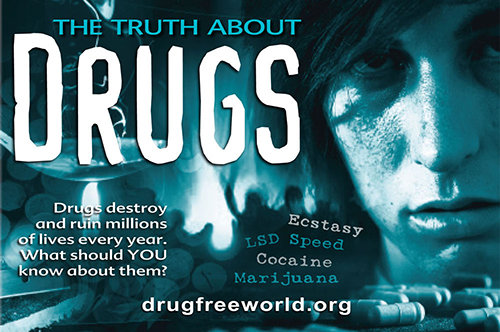
Why Do People Use Drugs? How Do Drugs Work? - Drug-Free World
LSD Addiction, Abuse, and Treatment - Addiction Center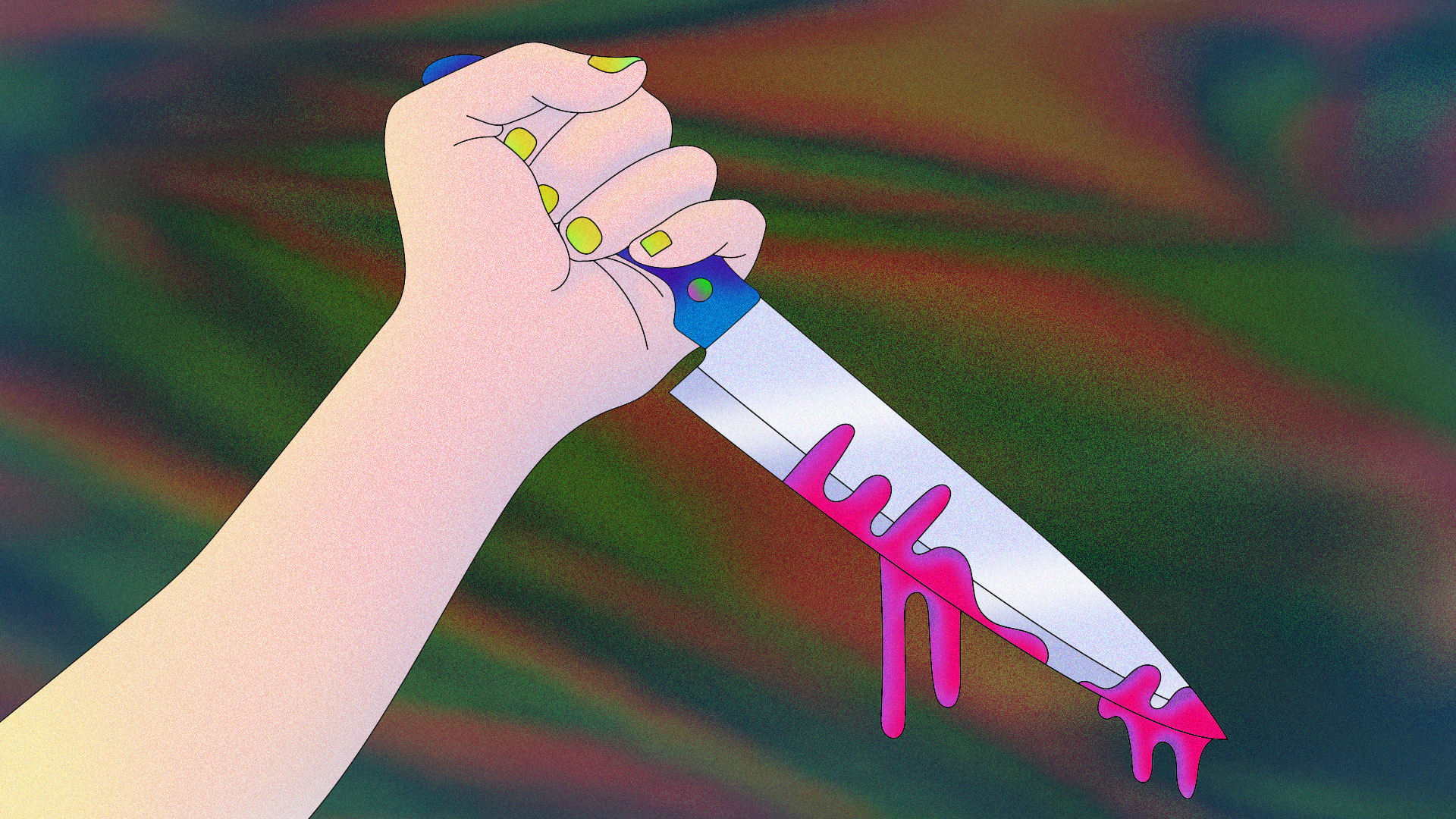
Killer High: Exploring the Phenomenon of LSD-Fuelled Murder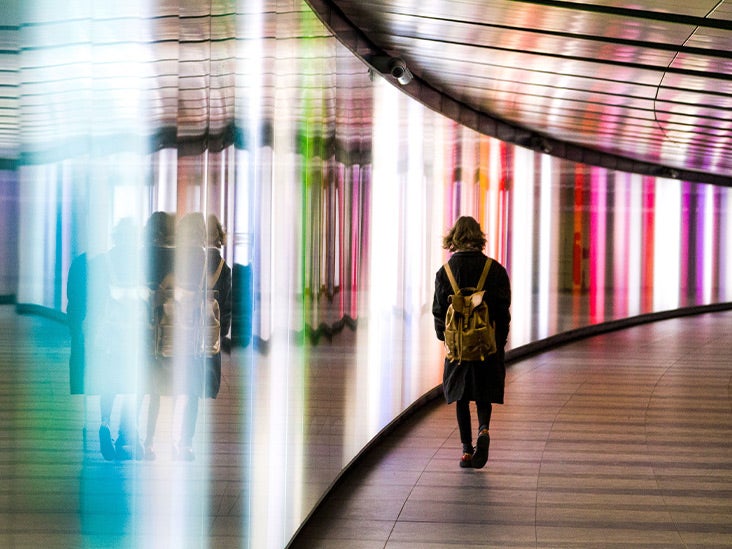
Can LSD Kill Brain Cells? How Acid Affects Your Brain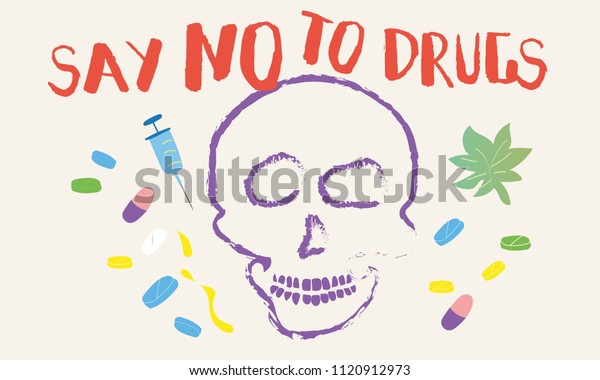
Drugs Just Say No Drugs Because Stock Vector (Royalty Free) 1120912973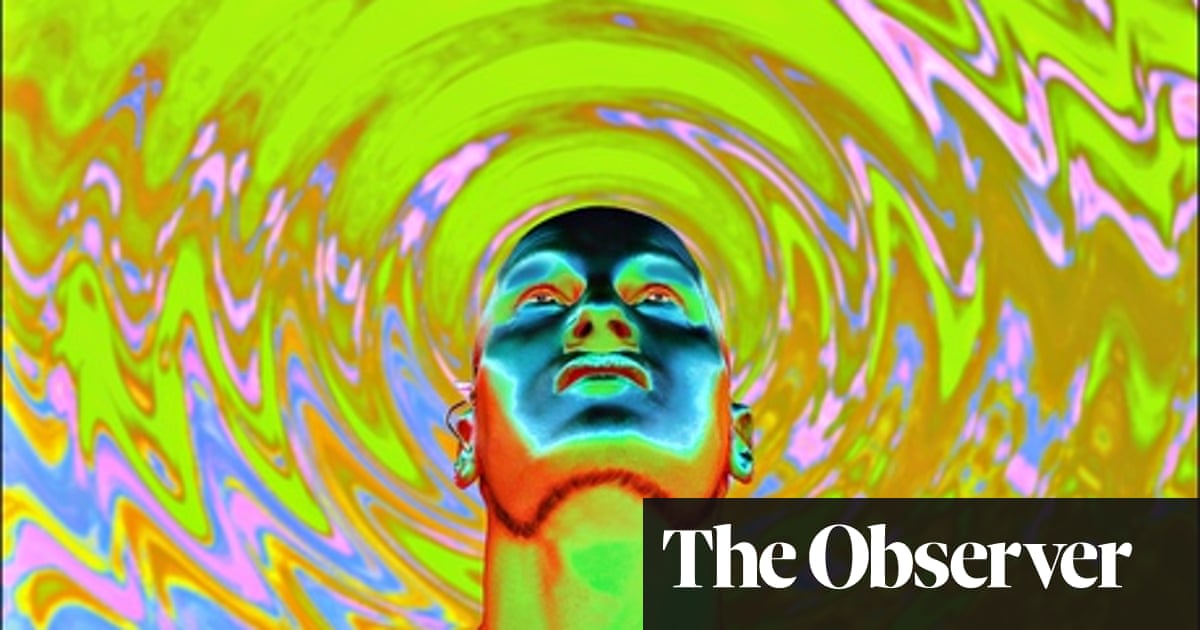
Healing trip: how psychedelic drugs could help treat depression | Society | The Guardian
How to Know if Your Acid is Real — KILL PRETTY Graffiti Magazine:format(jpeg)/cdn.vox-cdn.com/uploads/chorus_image/image/52929757/16651425427_64bde174a4_o.0.jpg)
Why acid trips last so long and make everything seem so profound - The Verge
LSD
 LSD and a terrifying fling with 'ego death' nearly ruined a Sydney teen's life
LSD and a terrifying fling with 'ego death' nearly ruined a Sydney teen's life






























:format(jpeg)/cdn.vox-cdn.com/uploads/chorus_image/image/52929757/16651425427_64bde174a4_o.0.jpg)

Posting Komentar untuk "can lsd kill you"